Best Hungarian history movies
Get ready to binge. We've found a collection of must-watch history films from Hungary, now streaming on Netflix, HBO, Hulu, Prime Video, and other top services!
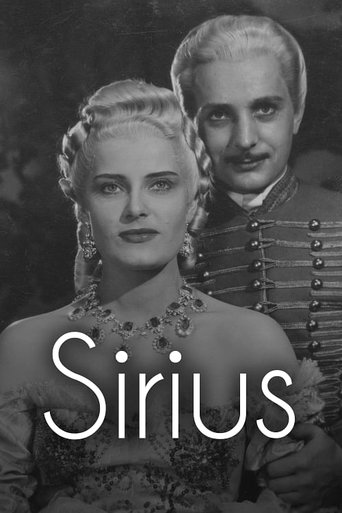
Sirius (1942)
Sirius (1942)
Professor Sergius insists that he invented a machine that can fly faster than the speed of earth's rotation and that this enables him to fly back to the past. To prove this, he promises the hand of his daughter Rózsi and all his possessions to the one who is willing to try the space travel with him. The romantic and adventurous Hungarian count Ákos Tibor finally accepts this challenge. Luckily, before time travelling he attends a costume ball dressed as a Hungarian hussar. So when they arrive in the past, people think he is a far relative of the wealthy landlord in whose field they landed. This is how strange adventures begin for our 20th century hero in the world of 18th century Austro-Hungary...
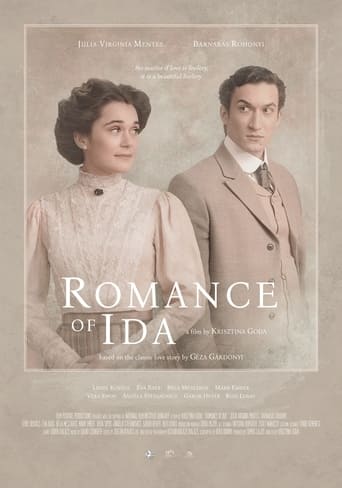
The Courtship (2022)
The Courtship (2022)
Eighteen year old Ida returns home after being raised by nuns, but her father isn't too pleased. Determined to see her married, he publishes an ad and offers suitors a generous dowry.
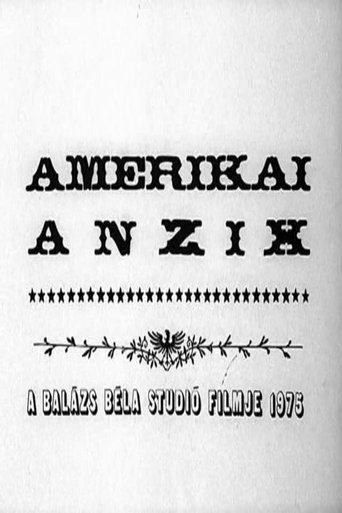
American Torso (1975)
American Torso (1975)
In the final days of the American Civil War, an emigre Hungarian military officer attempts to map the situation of the enemy. Many veterans of the 1848 War of Independence in Hungary fought on the northern side. Experienced Fiala, Boldogh who struggles with homesickness and the reckless Vereczky all experience their enforced emigration in different ways and news of impending peace elicits different reactions from them all.
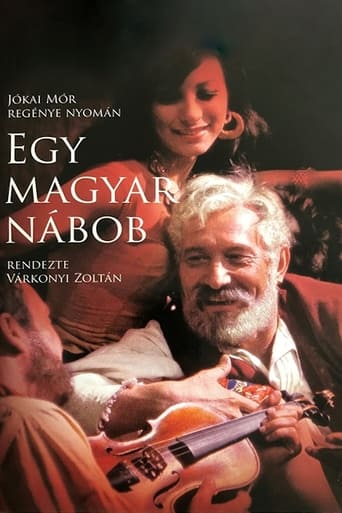
A Hungarian Nabob (1966)
A Hungarian Nabob (1966)
On the novel by Mór Jókai. The first half of the XVIII century. Several decades of life of a noble family Karpati.

Agnus Dei (1971)
Agnus Dei (1971)
Allegory of the suppression of the 1919 revolution and the advent of fascism in Hungary; in the countryside, a unit of the revolutionary army spares the life of father Vargha, a fanatical priest. He comes back and leads massacres. A new force, represented by Feher, apparently avenges the people, but only to impose a different, more refined and effective kind of repression.

Punitive Expedition (1970)
Punitive Expedition (1970)
The Monarchy leads a repressive campaign against a Serb village, where an Austrian officer was killed.
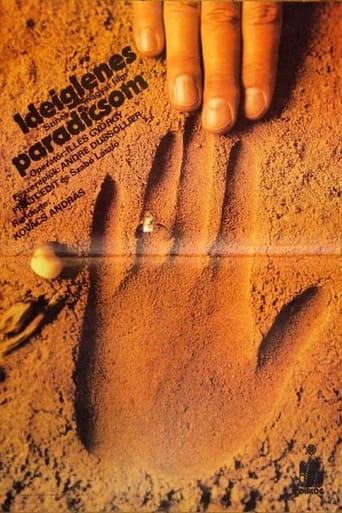
Temporary Paradise (1981)
Temporary Paradise (1981)
1943. French POWs escape through Hungary towards the Balkan. Jacques and Gérard are caught and taken to an internment camp at Lake Balaton. Jacques meets Klári here, who was abandoned by her military officer husband for her Jewish origin. Both want to have a short affair, but love unfolds between them.

Another Way (1982)
Another Way (1982)
Political and sexual repression in Hungary, just after the revolution of 1956. Passionate and determined, Eva gets a job as a journalist. There, she meets Livia and is attracted to her. Livia feels much the same, but as a married woman, has doubts and hesitations. In their work, they (and Eva in particular) bang up against the limits of telling political truths; in private, they confront the limits of living out sexual and emotional truth.
Requiem for a Revolutionary (1975)
Requiem for a Revolutionary (1975)
The royal summary court sentences Sallai Imre and Fürst Sándor to death on charges of attempting to uproot the state and the social order. The film, the story of which takes place in 1932, enlarges the moment of delivering the death-sentence. Sallai, preparing for his death, envisions the people and the events that have been decisive for his life.
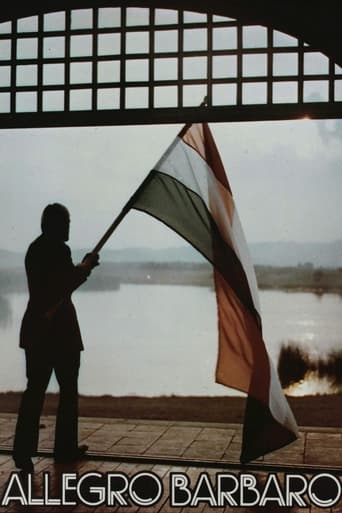
Allegro Barbaro (1979)
Allegro Barbaro (1979)
Zsadányi flees from the authorities with his goddaughter, Bankós Mari, and they escape into the forest. The film then skips ahead thirty-fold years: Zsadány and Mari are now lovers, with the sound of war in the background halting their romance. The old friends of Zsadányi have joined with the Nazis, and the landowner living with his peasants in a socialist community grows distant from them. Zsadányi is held responsible for political problems in the country, and will pay with his life.
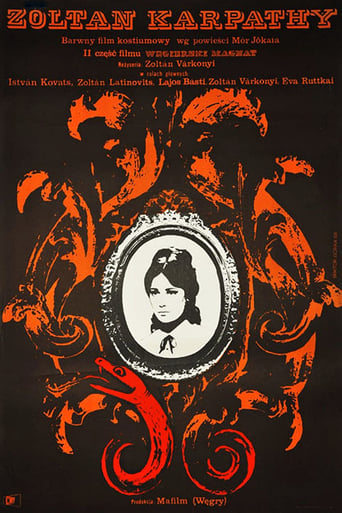
A Hungarian Nabob 2: Karpathy Zoltan (1966)
A Hungarian Nabob 2: Karpathy Zoltan (1966)
On the novel by Mór Jókai. The first half of the XVIII century. Several decades of life of a noble family Karpati.
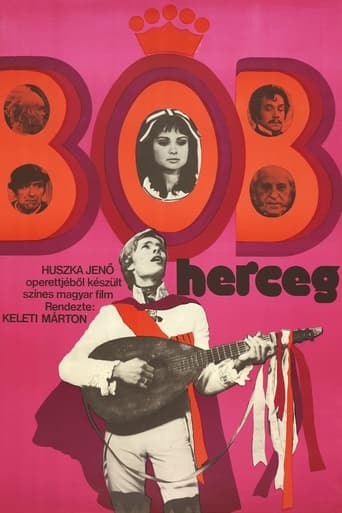
Prince Bob (1972)
Prince Bob (1972)
George, Prince of Wales mingles with the crowd in Bowie Street in disguise under the pseudonym Bob. He falls in love with the poor Uncle Tom's daughter, Annie. But to save his business, the indebted Uncle Tom promised her to the usurer Plumpudding.

Bolond Istók (2024)
Bolond Istók (2024)
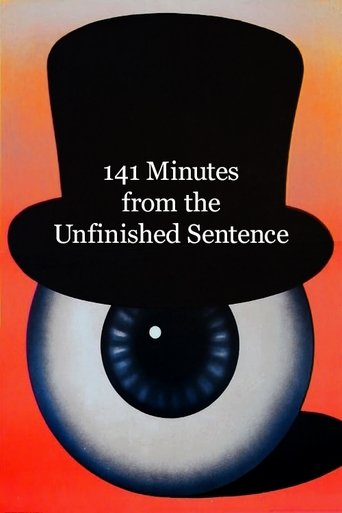
141 Minutes from the Unfinished Sentence (1975)
141 Minutes from the Unfinished Sentence (1975)
This lavishly spectacular film focuses on the character of Lorinc Parcen Nagy from the 1200-page Tibor Déry novel interwoven with numerous autobiographical elements. Lorinc Parcen Nagy is the offspring of an upper middle class family, whose life is marked by two violent deaths: the suicide of his father and the slaughter of an innocent worker. He breaks with his family and his mother in disgust; she is of weak character, a person who abandoned her own husband. He is also unable to discover the right tone with his colleagues and his lover who is an illegal party worker.
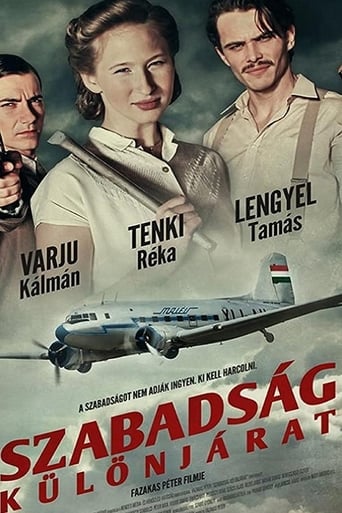
Szabadság - Különjárat (2013)
Szabadság - Különjárat (2013)
1956. Three Hungarian friends hijack a plane to escape from the Iron Curtain.
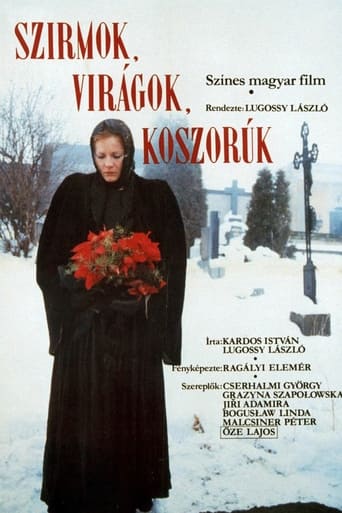
Flowers of Reverie (1985)
Flowers of Reverie (1985)
The seeming hopelessness of combatting an all-powerful government that will not tolerate political dissension is the focus of this excellent historical drama set in the mid-19th century in Hungary. In the opening scenes, Hungary has just lost its bid for independence from Austria and a Magyar officer, unable to bear the tragedy of defeat and what it means, says an affectionate good-bye to his beloved horse and then shoots the animal and himself. Two years later, Ferenc (Gyorgy Cserhalmi) is trying to eke out a living for his wife and her family -- and at the same time avoid any hint of sympathy for Hungarian independence because the Secret Police are everywhere. Just as life seems to be going well, Ferenc's former commanding officer (Lajos Oze) arrives and begins discussing revolution again -- a futile pursuit at this point in time. The next day, Ferenc is thrown into an insane asylum and everyone else is arrested as well.
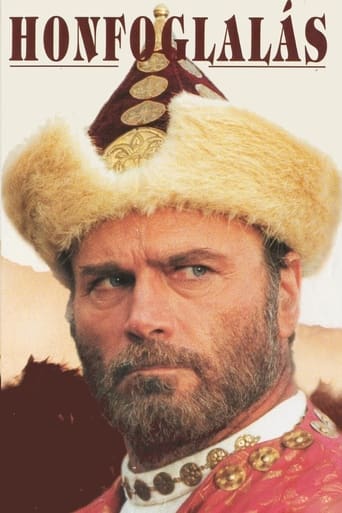
The Conquest (1996)
The Conquest (1996)
Filmed in commemoration of Hungary's 1100th anniversary and on the sites of the actual events, a cast of thousands authentically recreates the 896 AD arrival of the Magyar chief Arpad (Nero) and his seven tribes into the Carpathian basin from the steppes.
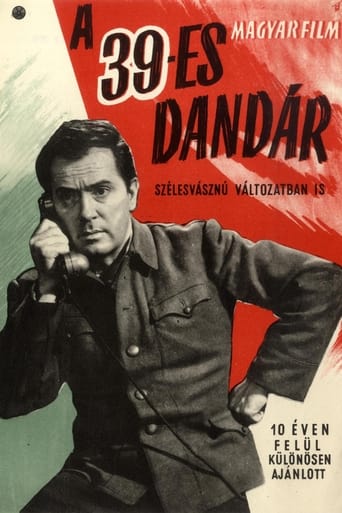
The Brigade No. 39 (1959)
The Brigade No. 39 (1959)
The spring of 1919. Karikás Frigyes reorganises brigade 39 at the Tisza. His most devoted soldiers are Korbély János and his followers, who remain faithful to the political commissioner under all circumstances.
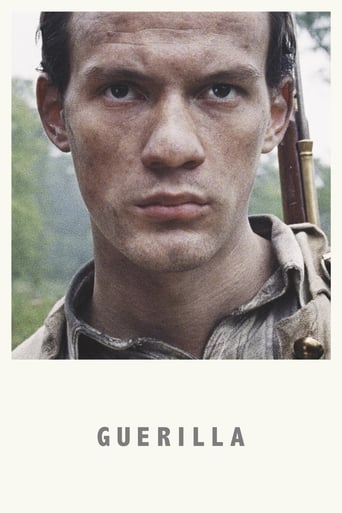
Guerilla (2019)
Guerilla (2019)
In 1849, the liberation war against the Habsburg Empire is close to its end in Hungary. Having hidden from military draft, Barnabás leaves his hometown and walks across the country to find and save his wounded brother who has been hiding with a guerilla group deep in the forest. Despite their exhaustion, lack of food or information, they are still fighting for their cause. Barnabás finds his brother alienated and distrustful. The tension between the boys further increases when they turn out to be attracted to the same nurse in the camp. Hoping he can earn his brother's trust and take him home, Barnabás decides to stay and lie about his past. In the meantime, he has to face the cruelty of war.

Miklós Akli (1986)
Miklós Akli (1986)
The hero of the story that takes place at the beginning of the nineteenth century and recalls real historical personages is Akli Miklós, the court jester of Emperor Ferenc.

Homo faber - We have tools (1965)
Homo faber - We have tools (1965)
This essay-film is a historical crash-course which spans the millennia from the stone age to the conquest of space in the 1960s.

The Sea has Risen (1953)
The Sea has Risen (1953)
March 15, 1848; the revolution breaks out in the town of Pest. Yet at café Pilvax, in among he revolutionary youth, there is the informer of the imperial court as well. Hearing the news of the attack led by Jellasics, the inhabitants of the villages pour into the national army, and Hajdú Gyurka also escapes from his landlord. Petőfi is there at the camp of the revolutionaries, raising them to enthusiasm with his poetry.
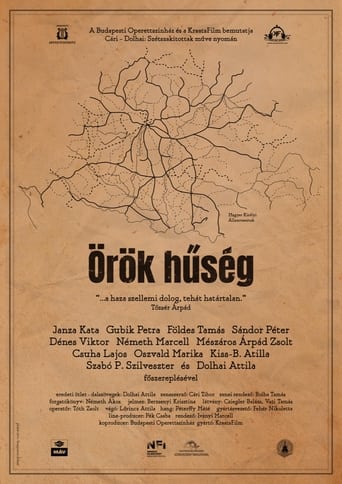
Örök hűség (2022)
Örök hűség (2022)
The story takes place at the end of World War I and in the period that followed. It focuses on an intellectual family from Temesvár with three sons.
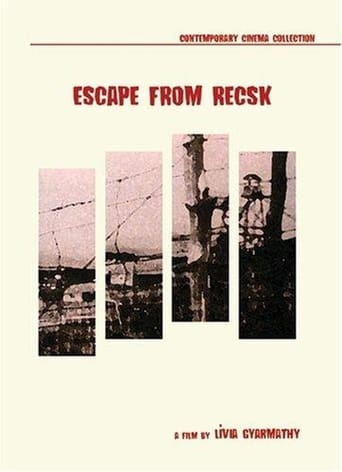
Escape (1997)
Escape (1997)
Budapest, 1948. Gyula Molnár, interpreter to the Supervisory Committee of the Allied Powers, is carried away from a party by plain-cloth police investigators. Recsk, 1950. Molnár, having attempted an escape and with a wound made by a bullet in his neck - is doggedly trying to get into the brigade of brick-layers, as escape is easiest from there.
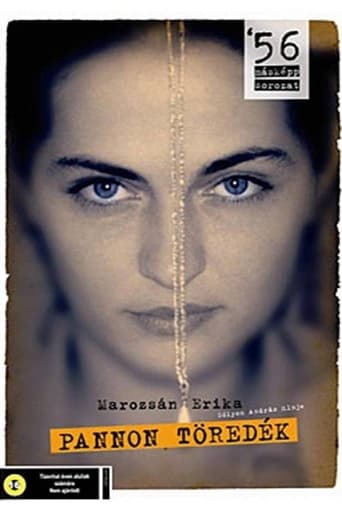
Hungarian Fragment (1998)
Hungarian Fragment (1998)
Peter falls in love with Lena, a Bulgarian female student in the days of the 1956 revolution. They were both involved in the events of the Revolution, enthusiastically recount their experiences of an American journalist. The boy's parents leave the country, but he did not go with them.
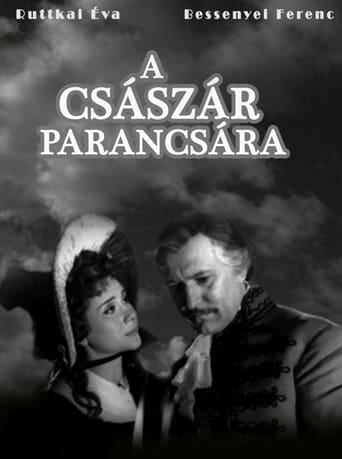
Extinguished Flames (1956)
Extinguished Flames (1956)
1790, the county of Szerém. József Hajnóczy, a democrat and a reformer is deprived of his position as vice-steward of the county because he is not born a nobleman.
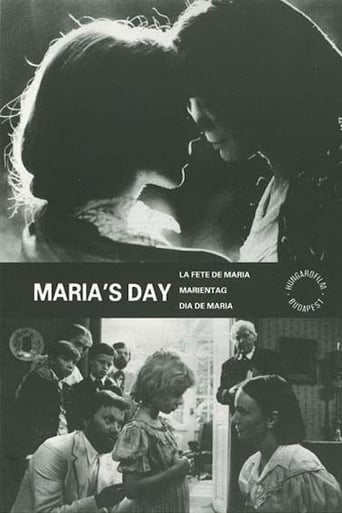
Maria's Day (1984)
Maria's Day (1984)
The Hungarian Maria's Day is set in that most fateful of years, 1848. The incredible changes and reverses in European politics and culture exert a potent influence on one aristocratic Hungarian family. Losing virtually everything in the way of creature comforts, the family tries to keep up appearances. Eventually every member of the clan falls victim to illness, syphilis and their own headstrong foolishness. The parallels drawn by director Judith Elek between the dissipation of 19th century Hungarian aristocracy and the corruption of Communist ideology in modern times are inescapable.
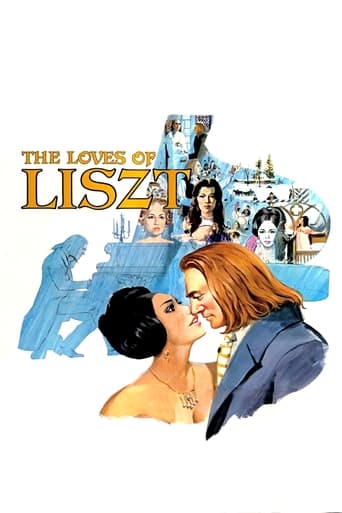
Dreams of Love (1970)
Dreams of Love (1970)
This is a romantic biographical film about Franz Liszt. In a distinguished saloon of Paris, the unknown composer, Liszt, defeats the renown Thalberg at a piano competition. Through his playing, he wins the favours and later the hand of the countess D'Agoult. A daughter is born in their marriage, Cosima. Liszt is better and better known, Marie introduces him to the circle of artists.
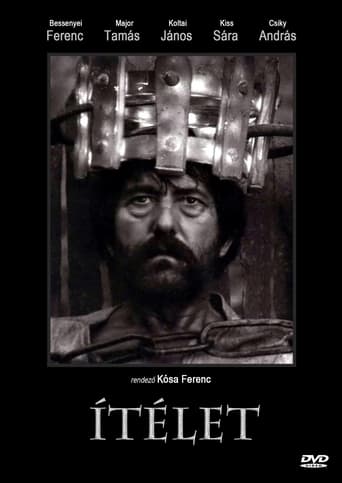
Judgement (1970)
Judgement (1970)
The film is a historic parable about the topicality of revolution. 1514. The peasants' uprising is over, Dózsa has been arrested. Werbőczy tries to get the imprisoned peasant leader deny the revolution and offers him the lives of his people in exchange.
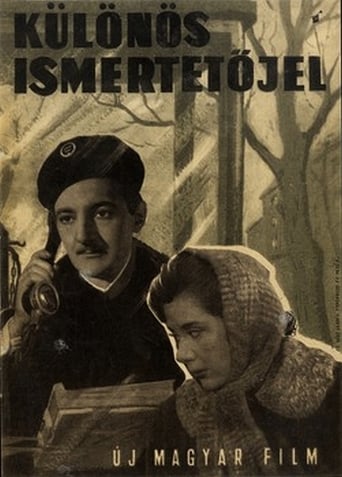
A Strange Mark of Identity (1955)
A Strange Mark of Identity (1955)
Imre, secretary of the illegal communist party arrives in Budapest secretly in 1942, in order to start the newspaper of the party in the fight against war. Not even his own mother can see him.